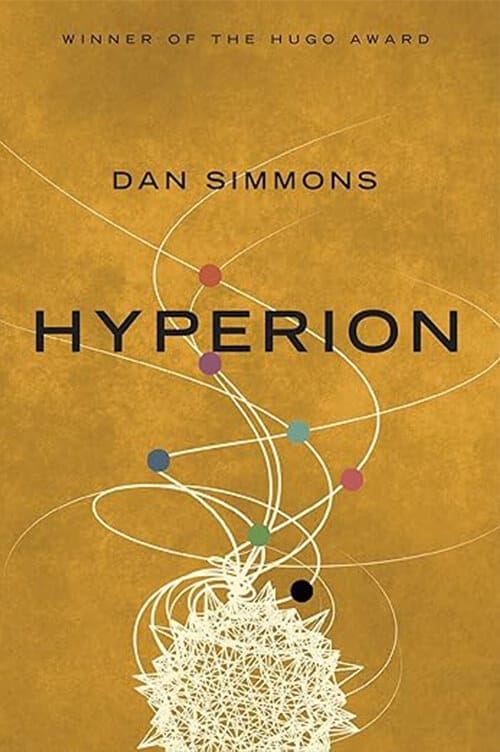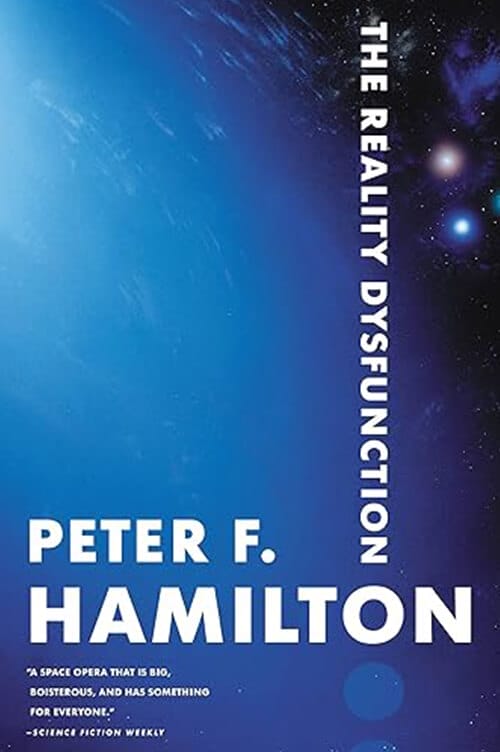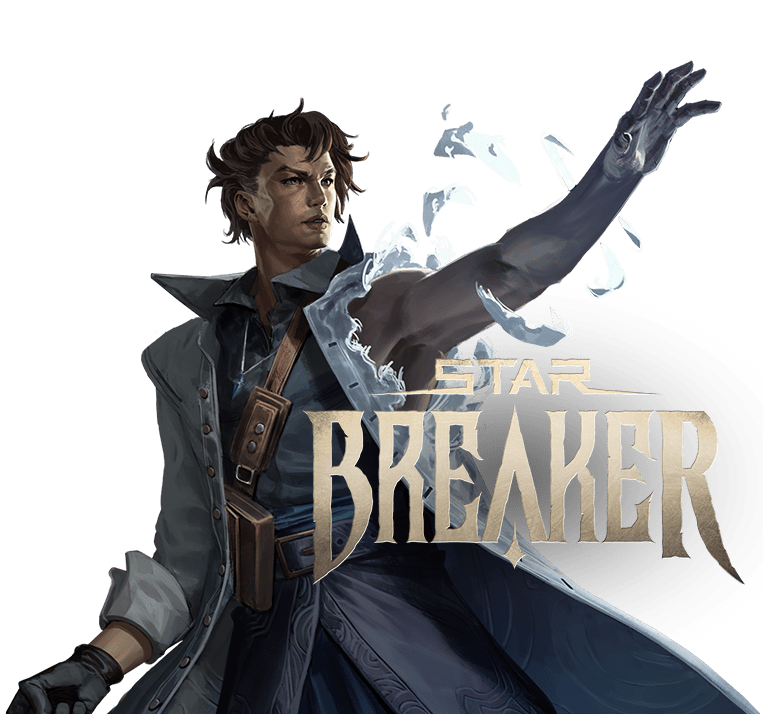Deep Dive
What is Space Opera? A Complete Guide to the Genre
It doesn’t matter if you’re a new reader or have been following along with all my articles so far — the only thing you need to know is that I love diving into the corners of genre fiction. Today, we’re going to talk about one of the biggest, most colorful, and most dramatic of them all: Space Opera.
So grab your blaster, your lightsaber, your power armor, and get ready for an adventure of a lifetime!
Defining the Genre
What is Space Opera?
Space Opera is a subgenre of science fiction that focuses on large-scale, dramatic adventures set in space or across galaxies.
Unlike hard science fiction, which emphasizes strict accuracy and technical detail, space opera embraces epic scope, high drama, and imaginative freedom — turning it into a thrilling journey from beginning to end.
Think grand interstellar wars, massive star fleets clashing in orbit, planet-shattering weapons, and empires rising or falling — all with our plucky cast of heroes caught in the middle.
At its heart, Space Opera is about adventure and wonder on a cosmic scale, often blending elements of science fiction, fantasy, romance, and action into one sweeping package.
Origins
A Brief History of Space Opera
Nearly a hundred years old by now, the genre term “Space Opera” was first coined back in the early 1940s, but not as a term of endearment, but as something of an insult due to the formulaic nature of how the stories in that genre came to be.
And that was because way back when the genre was being founded, many of the stories were heavily inspired by Romance (Soap Operas) stories and Westerns, with only thematic and setting changes separating what could otherwise be argued as the same stories when looked at a beat for beat perspective. Fun fact too – that’s also why the term ‘Space Western’ had and still has its own kind of following as a proto-adjacent genre to Space Opera to this day!
However after the genre went through its growing pains and started to establish itself more firmly the term ended up being a perfect fit, which it why it still exists today. It’s thanks to the early pulp fiction works such as Buck Rogers and Flash Gordon who helped lay the groundwork in showing readers that the stars were a stage for swashbuckling heroes, larger than life battles, and of course the space ships that let them travel the galaxy.
Note From Luke
For some other modern offshoots of genre fiction that I dabble in, check out my Progression Fantasy and LitRPG pages for lots of awesome background and info!
What makes a space opera?
Common Tropes and Themes of Space Opera
What can you expect when you pick up a space opera novel?
- Soft Science Approach: Technology or “magic” often unexplained, advanced beyond comprehension.
- Galaxy-Spanning Conflicts: Empires and civilizations clash on a massive scale.
- Heroic (or Anti-Heroic) Journeys: Underdog protagonists rise to galaxy-shaking roles.
- Exotic Worlds & Cultures: Alien civilizations, ancient artifacts, strange planets.
- Spacefleets and Starships: From nimble fighters to dreadnoughts — endless variety.
- Emotion, Heart, Melodrama: Love, betrayal, destiny, sacrifice — all dialed up to eleven.
Best Books
Classic and Modern Space Opera Books
Okay, by now I know you’re probably getting worn out of all this dry talk here, so let’s change things up with a few recommendations if you’re looking to break into the genre! For ease, I’ll split these up into more ‘classic’ entries that helped found the genre and more modern ones of where the genre is today.
Classic Space Opera
Modern Space Opera
FAQ
Frequently Asked Space Opera Questions
Now I’m sure many of you have thought about this question, and the answer, as simply put, is the focus of the overall story and the scale it takes place at. Regular science fiction typically narrows its focus and scale from the sweeping reach of Space Opera. A good example of this would be close knit thrillers about rogue AI or similarly ‘advanced’ science, where the ‘technology’ itself is the feature of the story. The movie ‘Stealth’ in particular is a great example of this in action.
In contrast, space opera thrives on a larger scope and more drama. In these stories we see planetary, solar system, or even galaxy-spanning conflicts with empires clashing against one another and their heroes wrestling with the fate of their respective civilizations.
Essentially, if the story is more concerned with epic adventure, political intrigue, and sweeping character arcs than the nuts and bolts of science, biology, and physics, you’re probably reading or watching a space opera.
While many other ingredients are involved to properly give a Space Opera story its flavor, none are more important than Drama. By their nature, these stories lean on emotion, personal rivalries, and family drama as much as they do spaceships, lasers, and lost alien technology. Do you remember the first time you watched Luke face down Darth Vader in Star Wars? Or witnessed Paul Atreides struggle with his destiny in Dune? That is is what Space Opera is about. It turns a story of near impossible scale into something human, something relatable for us all to witness and enjoy.
Without it, any story in this genre would simply fall apart, let alone manage to hold our interest. With it however, well, we get something truly magical, don’t we?
Now this list is by no means exhaustive, but in my mind there have been a handful of authors who were responsible for laying down the foundation for everything we read today in the genre and they are:
- E.E. “Doc” Smith – Often called the “father of space opera” with his Lensman series.
- Isaac Asimov – Foundation introduced the idea of entire galactic histories and empires rising and falling.
- Frank Herbert – Dune blended political intrigue, ecology, and messianic destiny into a space opera masterpiece.
- Anne McCaffrey – Though often categorized as fantasy, her Dragonriders of Pern series straddled the line and expanded space opera’s reach.
- Lois McMaster Bujold – Shaped modern space opera with character-driven sagas full of diplomacy, war, and heart with the Vorkosigan Saga.
- James S.A. Corey – With The Expanse, they gave us a modern touchstone for the genre, balancing grit with epic scope.
Having grown far from its original roots, modern space opera, as a whole, has grown beyond the traditional “good guys vs. bad guys in space” that it started out as. In more modern works, we tend to see more shades of grey across both our ‘heroes’ and ‘villains’. More than that too, instead of monolithic and unified empires of stories past, we see the fractured alliances and politics that comprise it, with the conflicts of the story not always being external to the civilizations, such as their war against another empire, but also the power struggles within each empire as the people within attempt to carve out their own stories. Most often now, stories rarely have one chosen hero that everything turns on, but rather a diverse ensemble cast with multiple viewpoints as each of them progress on their journey.
However behind just that change, other subgenres have found their way into Space Opera stories, such as harder science fiction elements from authors such as Alastair Reynolds (Revelation Space) and Peter F. Hamilton (Night’s Dawn Trilogy) who use scientific plausibility as a way to attract a wider audience of readers while keeping the epic tone.
On the flip side, and more in my own area of specialty, there’s a growing overlap with progression fantasy and LitRPG inspired storytelling, such as with my Starbreaker series.
Absolutely and to use an easy example, my q has plenty of it!
While some readers might draw lines between fantasy and sci-fi, space opera has always blurred the edges. Star Wars famously gave us the Force, which is essentially a mystical energy magic in a sci-fi wrapper. Frank Herbert’s Dune plays with prophecy, visions, and quasi-magical powers born from biology and spice. Other stories, such as Firefly, explore things such as latent psionic potential, leaving the potential ways of expressing magic, quite literally infinite.
Conclusion
And That’s A Wrap!
All right, I think that’s enough of a dive for us to kick things off here as we find our feet in this genre! I hope that you’ve all enjoyed this start and find yourself something awesome and new to read!
If you’ve finished this and happen to still be hungry for more recommendations, then stay tuned for the next blog, and even more recommendations, coming soon!












